Unions Matter
“Every advance in this half-century: Social Security, civil rights, Medicare, aid to education… one after another- came with the support and leadership of American Labor.” –Jimmy Carter
Without Labor Unions Can There Be A Middle Class In The United States
Without labor unions, the middle class in the United States would struggle to stay afloat. Unions have been key in securing fair wages and benefits for workers. They help boost job security, which is vital for a stable middle class. When unions weaken, so does the bargaining power of workers. This often leads to lower pay and fewer benefits. A strong middle class relies on fair labor practices. Without unions, income inequality could grow, making it harder for many to reach or stay in the middle class. Ultimately, labor unions play a crucial role in protecting workers’ rights and fostering a thriving middle class.
Without A Middle Class What Would Life In America Be Like
Without a middle class, America would face stark social and economic divides. Wealth would concentrate at the top, leaving many struggling to survive. The gap between rich and poor would widen, leading to greater unrest. Fewer people would afford homes or education, weakening communities. Businesses would shrink due to limited spending power. This lack of stability could foster crime and despair. Innovation might stall without a strong workforce. Overall, life in America would lack balance and opportunity, making it harder for many to thrive.
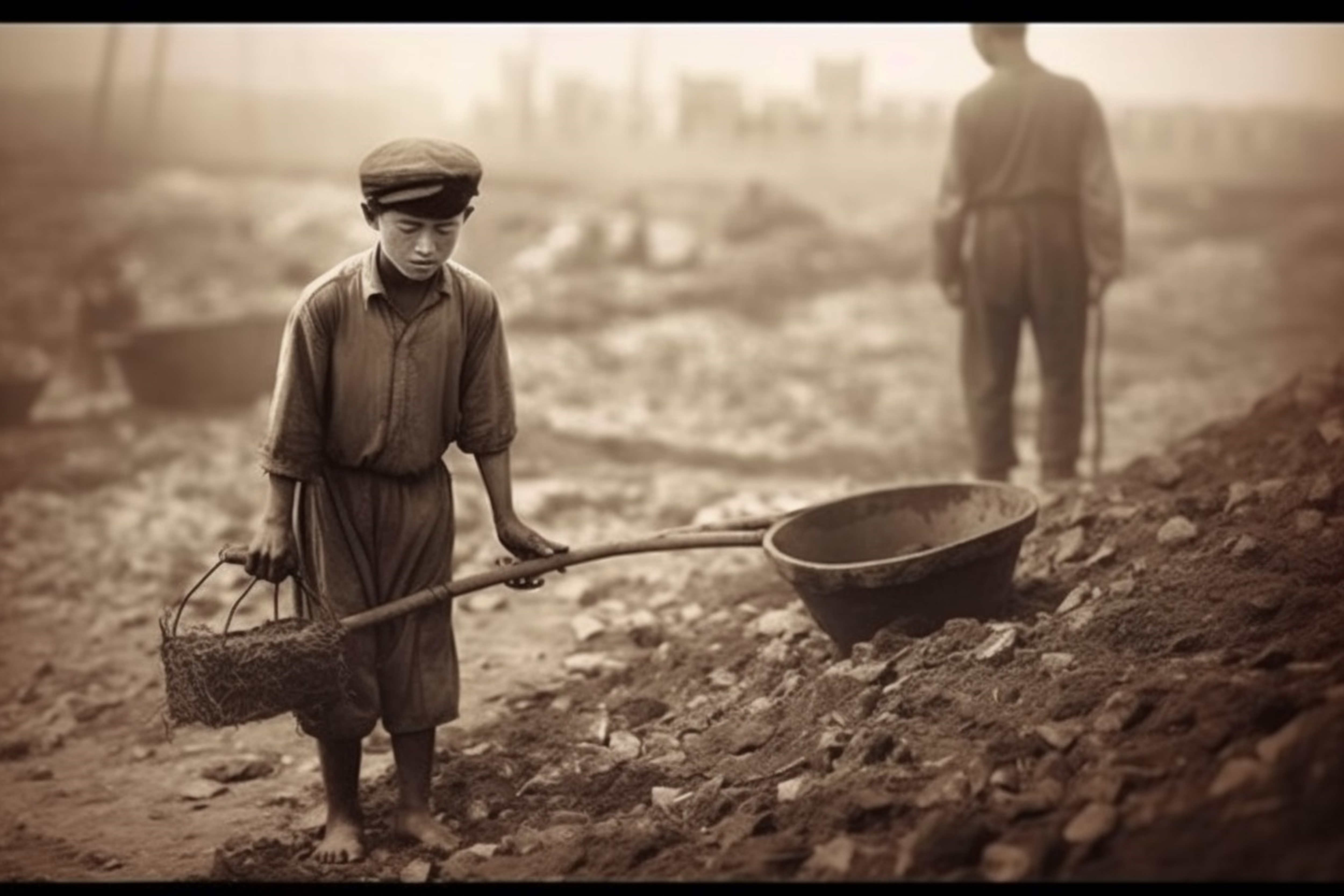
Child Labor
The labor movement played a crucial role in ending child labor by raising awareness and pushing for laws. Workers organized strikes and protests, highlighting the harsh conditions children faced in factories and mines. They gathered support from parents and communities, emphasizing the need for education over work. Advocates lobbied for legislation that set age limits and regulated working hours. Their efforts led to new laws that protected children, ultimately decreasing child labor in many industries. The movement’s persistence helped change public opinion and brought about lasting reforms.
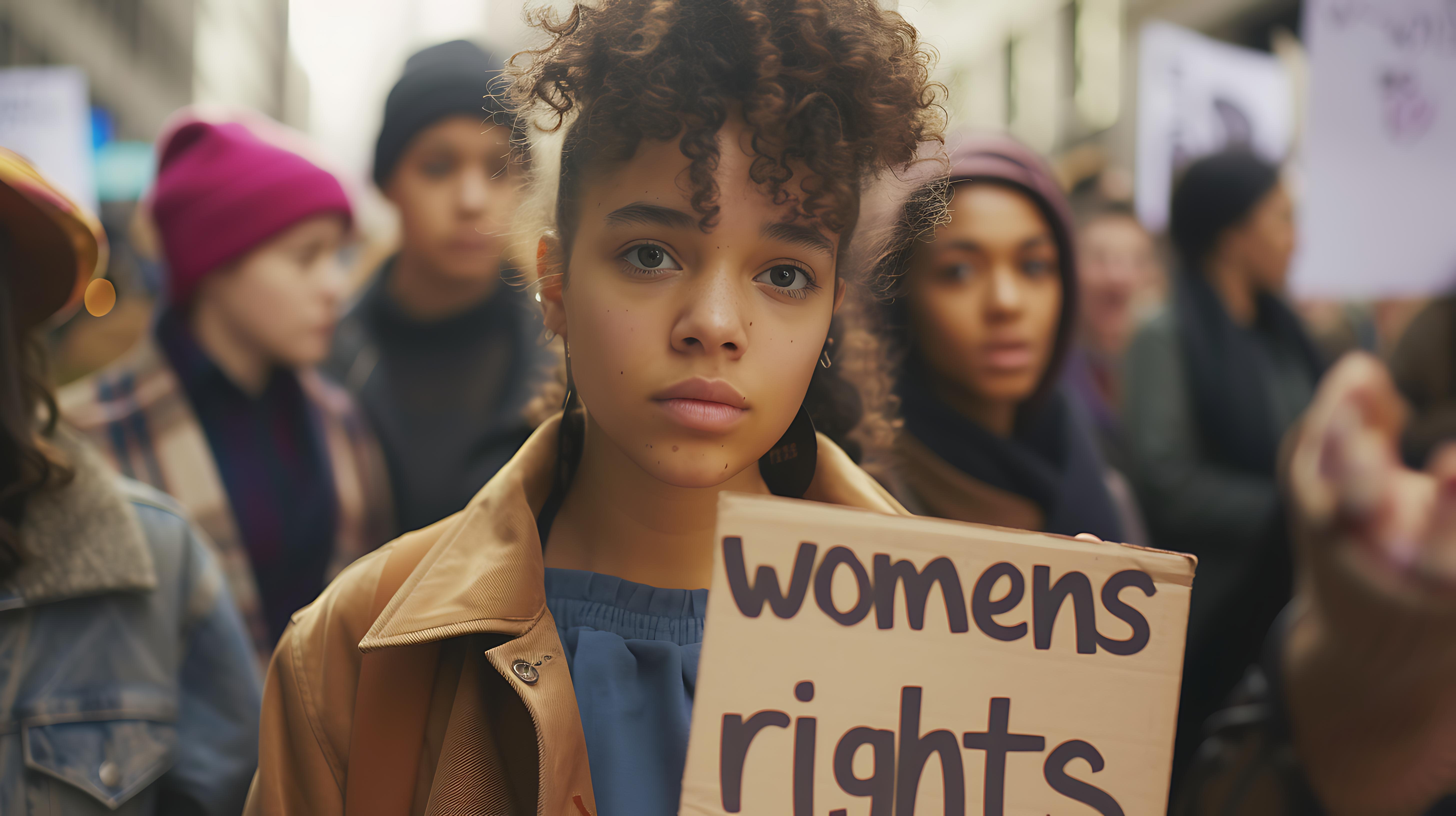
Women’s Sufferage Movement
The labor movement played a crucial role in pushing for women’s suffrage. As women entered the workforce in larger numbers, they began to demand equal rights, including the right to vote. Labor organizations often supported suffrage, recognizing that voting would help women fight for better wages and working conditions. This partnership between labor and suffrage groups allowed women to gain visibility and strengthen their cause. Mobilizing women in workplaces united them around a common goal, making it harder for lawmakers to ignore their demands. The fight for fair treatment in jobs helped women realize their political power, driving momentum for the suffrage movement.
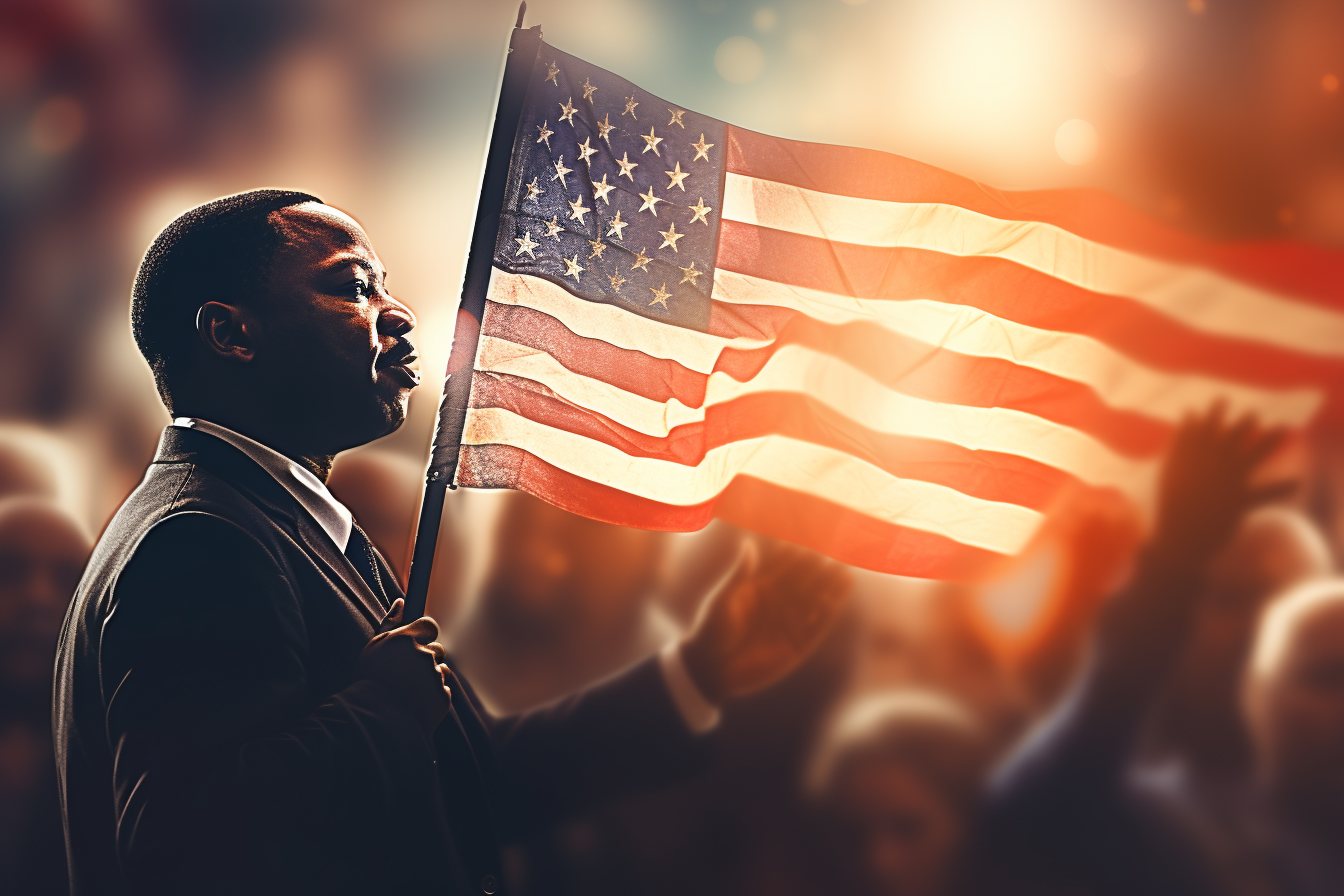
Civil Rights
The labor movement played a key role in advancing civil rights by uniting workers across racial lines. When unions fought for fair wages and safe conditions, they often included issues of race and equality. This cooperation brought together diverse groups to challenge discrimination in the workplace. Labor leaders like A. Philip Randolph rallied support for both labor rights and civil rights, showing that these issues were linked. By advocating for social justice, the labor movement helped raise awareness and push for changes that benefited all workers, including those marginalized by race.

Fighting Poverty
The labor movement has played a crucial role in reducing poverty and homelessness. By advocating for fair wages, workers gained the ability to support their families. Unions pushed for better working conditions, which led to job security. When people have stable jobs, they’re less likely to face homelessness. Access to healthcare and benefits from labor agreements also helped workers stay healthy and employed. These changes created a stronger middle class, reducing the number of people living in poverty. Overall, the labor movement has made significant strides in improving quality of life for many.

Protecting The Middle Class
The labor movement played a key role in creating the middle class. By advocating for workers’ rights, it pushed for fair wages and better working conditions. Families could earn enough to buy homes and send kids to school. Steady jobs allowed parents to provide for their children and save for the future. With stronger unions, workers gained benefits like health care and pensions. This economic stability made life better for millions, leading to a rise in consumer spending and community growth. Overall, the labor movement helped shape a prosperous middle class that improved many lives.
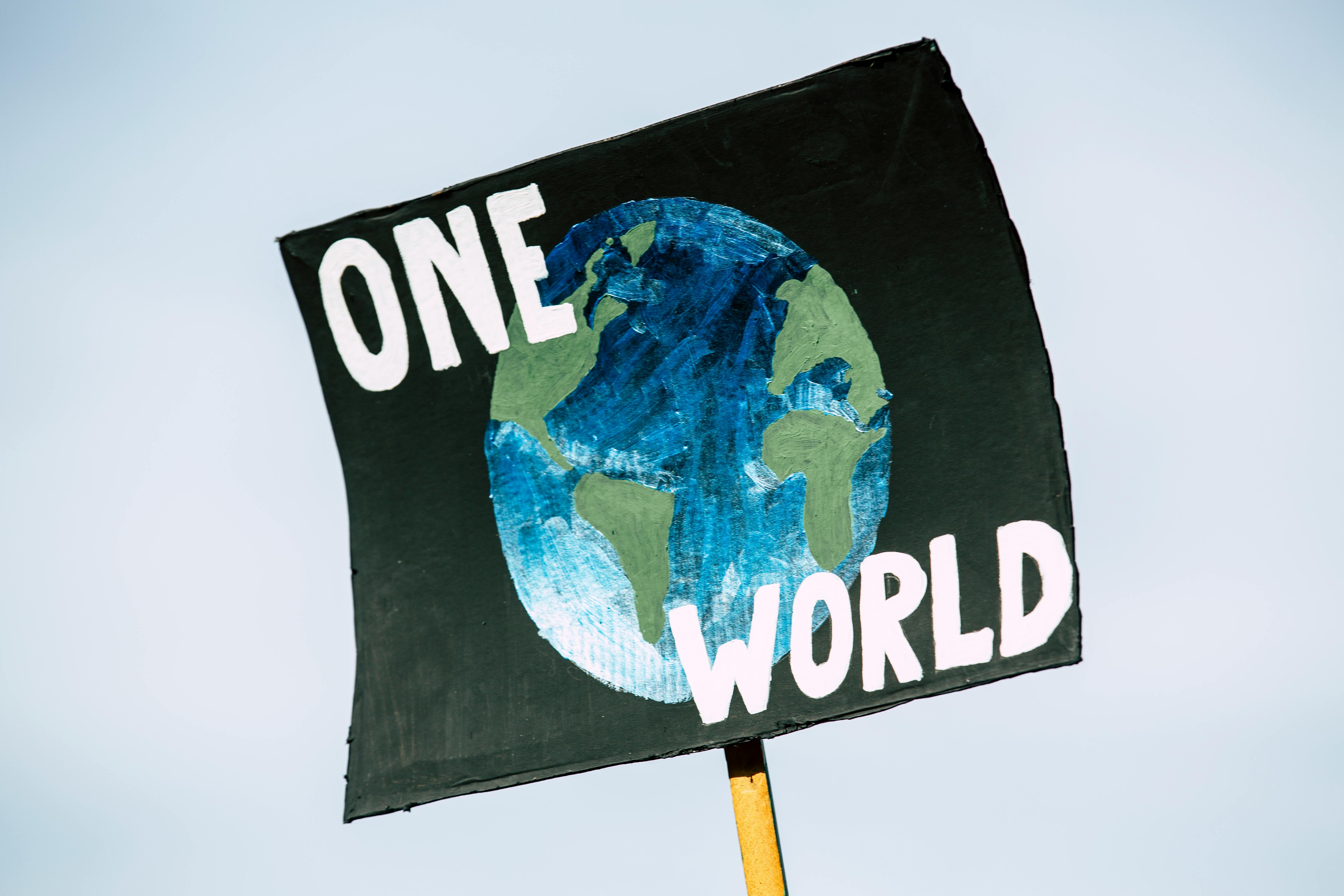
Making A Better World
The labor movement improves lives by fighting for fair pay and safe working conditions. It pushes for laws that protect workers’ rights and promote equality. When workers unite, they gain a stronger voice to address issues like discrimination and exploitation. This solidarity leads to better benefits, job security, and a healthier work-life balance. Empowered workers help boost the economy by increasing spending power and fostering community growth. A strong labor movement creates a more just society for everyone, making the world a better place to live and work.
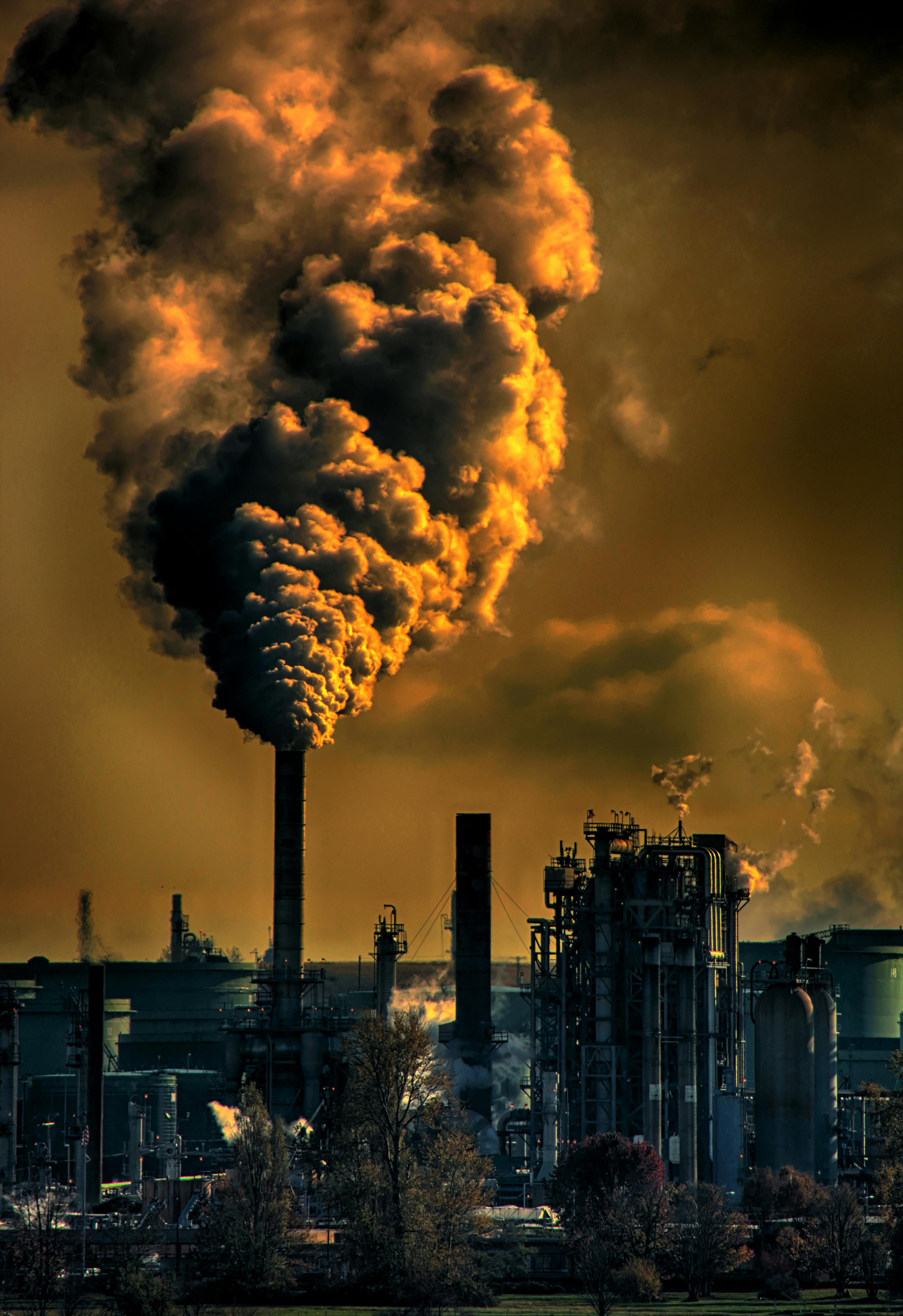

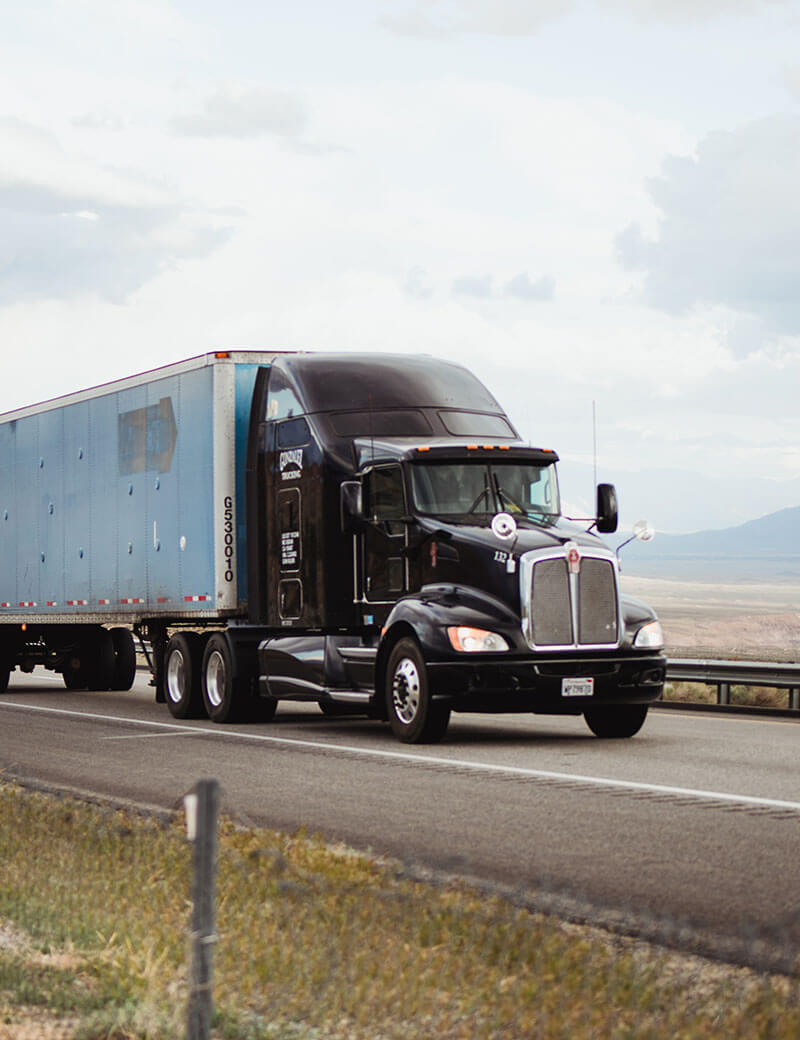
Labor Unions Make The World A Safer Place
Unions play a crucial role in keeping workers safe in the workplace. They ensure that employees have access to proper safety equipment and training to prevent accidents and injuries. Unions also advocate for fair wages and reasonable work hours, which can help reduce workplace stress and fatigue that can lead to accidents. By representing workers in negotiations with employers, unions can push for better working conditions that prioritize safety.
In addition to keeping workers safe, unions also play a role in keeping the public safe. For example, unions in industries such as transportation and healthcare work to ensure that workers are well-rested and not overworked, which can prevent mistakes that could harm the public. Unions also advocate for regulations that protect consumers from unsafe products or services. By holding employers accountable for the safety of their workers, unions help to create a safer environment for everyone.
Furthermore, unions can have a global impact on safety. By advocating for better working conditions and fair wages, unions can help lift people out of poverty, which can reduce crime rates and improve overall safety in communities. Unions also often collaborate with international labor organizations to address issues such as child labor and unsafe working conditions in developing countries. By promoting safety and fairness in the workplace, unions can contribute to a safer world for all.



Justice is never given; it is exacted and the struggle must be continuous for freedom is never a final fact, but a continuing evolving process to higher and higher levels of human, social, economic, political and religious relationship.
From the depth of need and despair, people can work together, can organize themselves to solve their own problems and fill their own needs with dignity and strength.
The workers of the nation were tired of waiting for corporate industry to right their economic wrongs, to alleviate their social agony and to grant them their political rights. Despairing of fair treatment, they resolved to do something for themselves.
“Today, although there are still sweatshops & other inhumane working conditions for many workers around the world, the labor movement has won numerous victories that many of us take for granted, such as the 5-day work week, 8-hour work day, paid holidays & the end of child labor.” Robert Alan

“The only thing workers have to bargain with is their skill or their labor. Denied the right to withhold it as a last resort, they become powerless. The strike is therefore not a breakdown of collective bargaining-it is the indispensable cornerstone of that process.”
Paul Clark
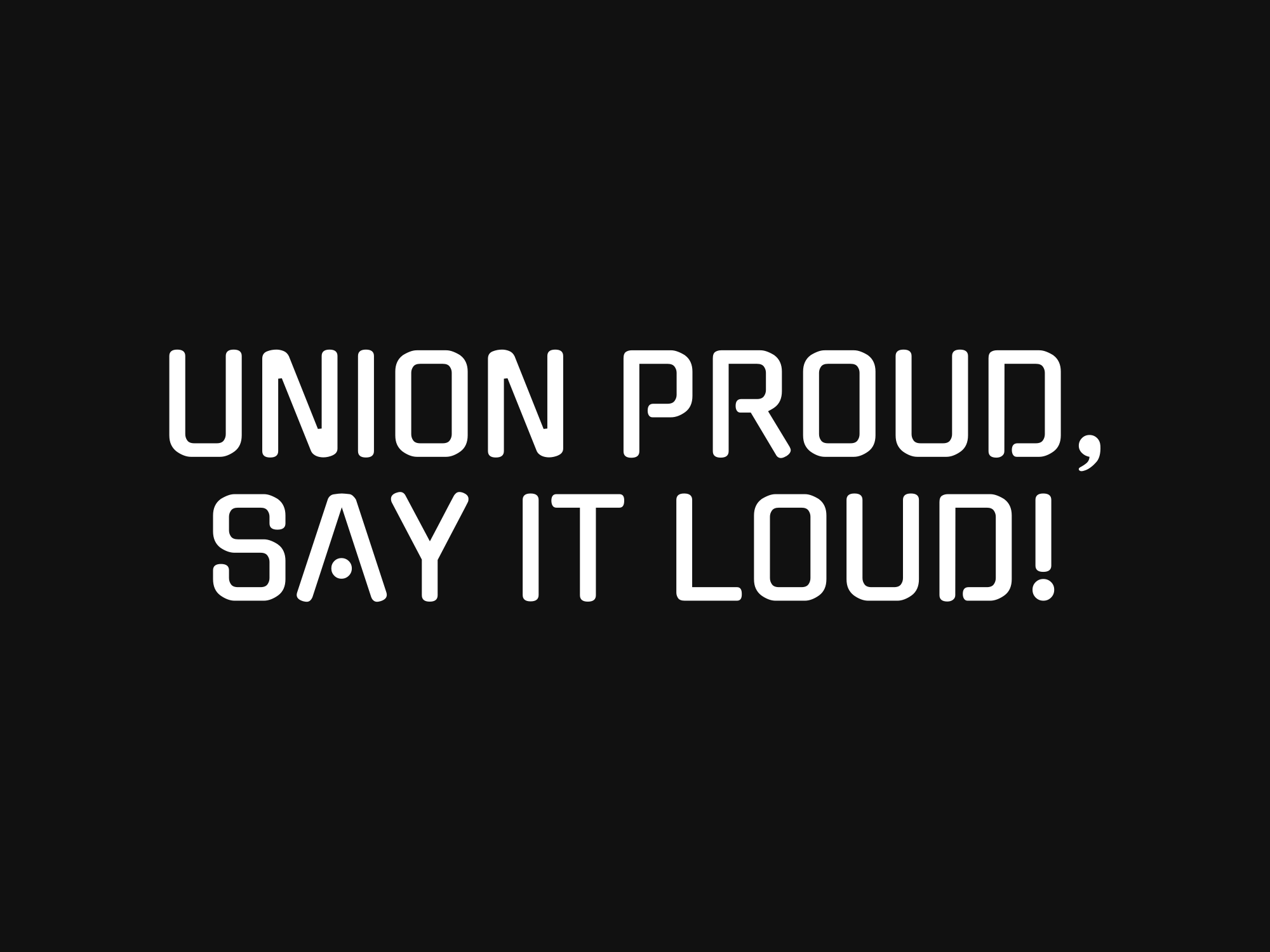
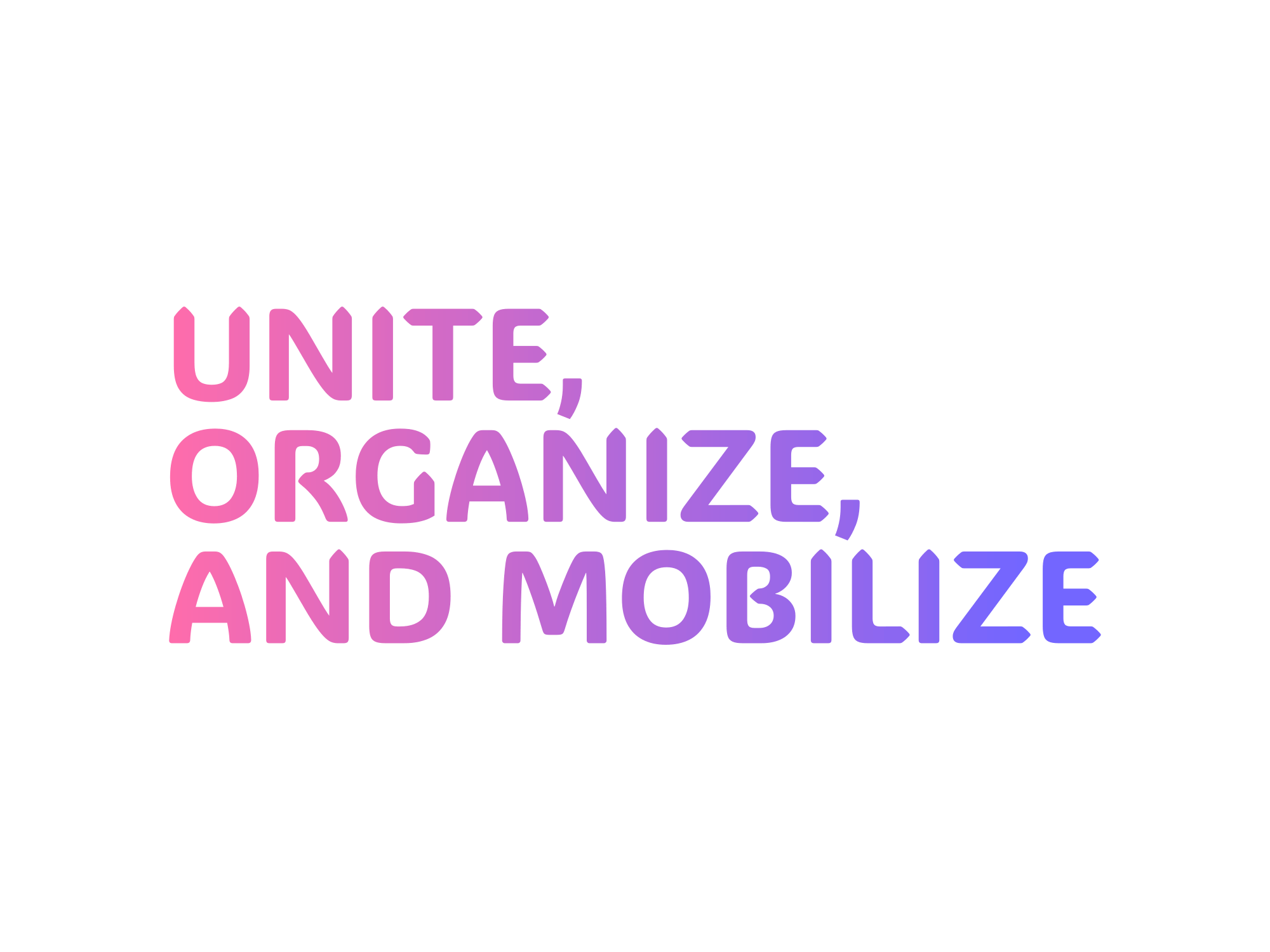
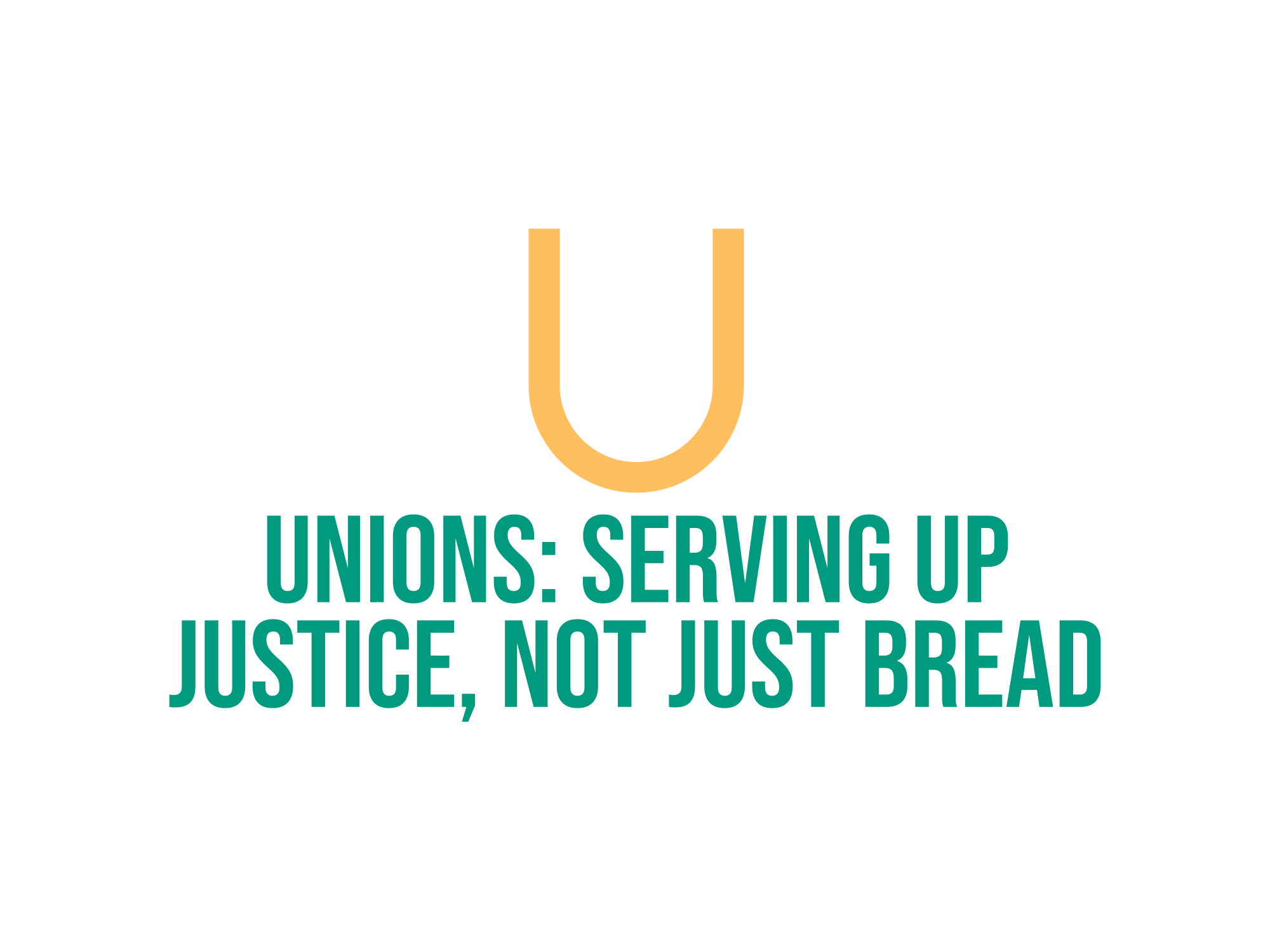
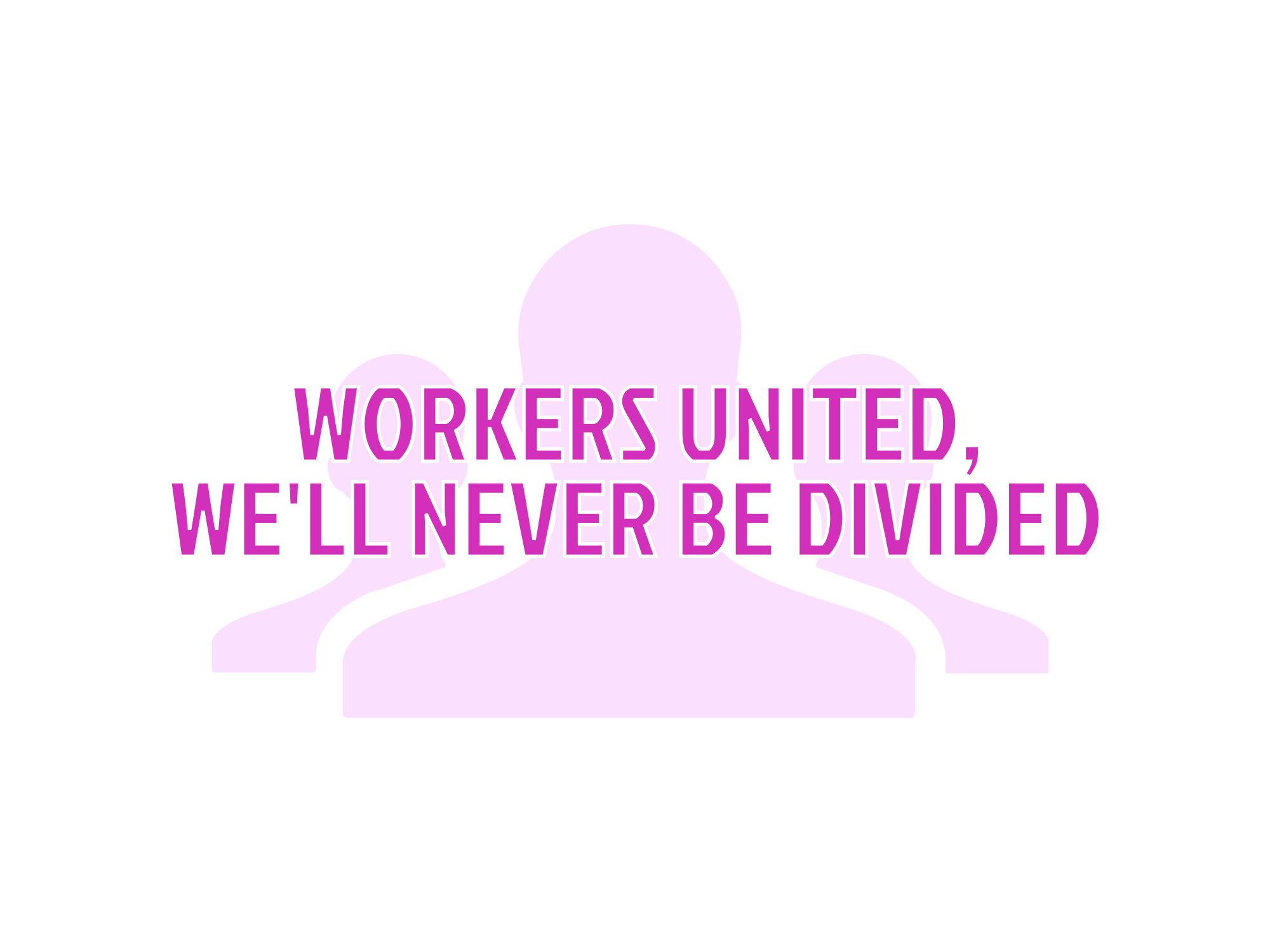
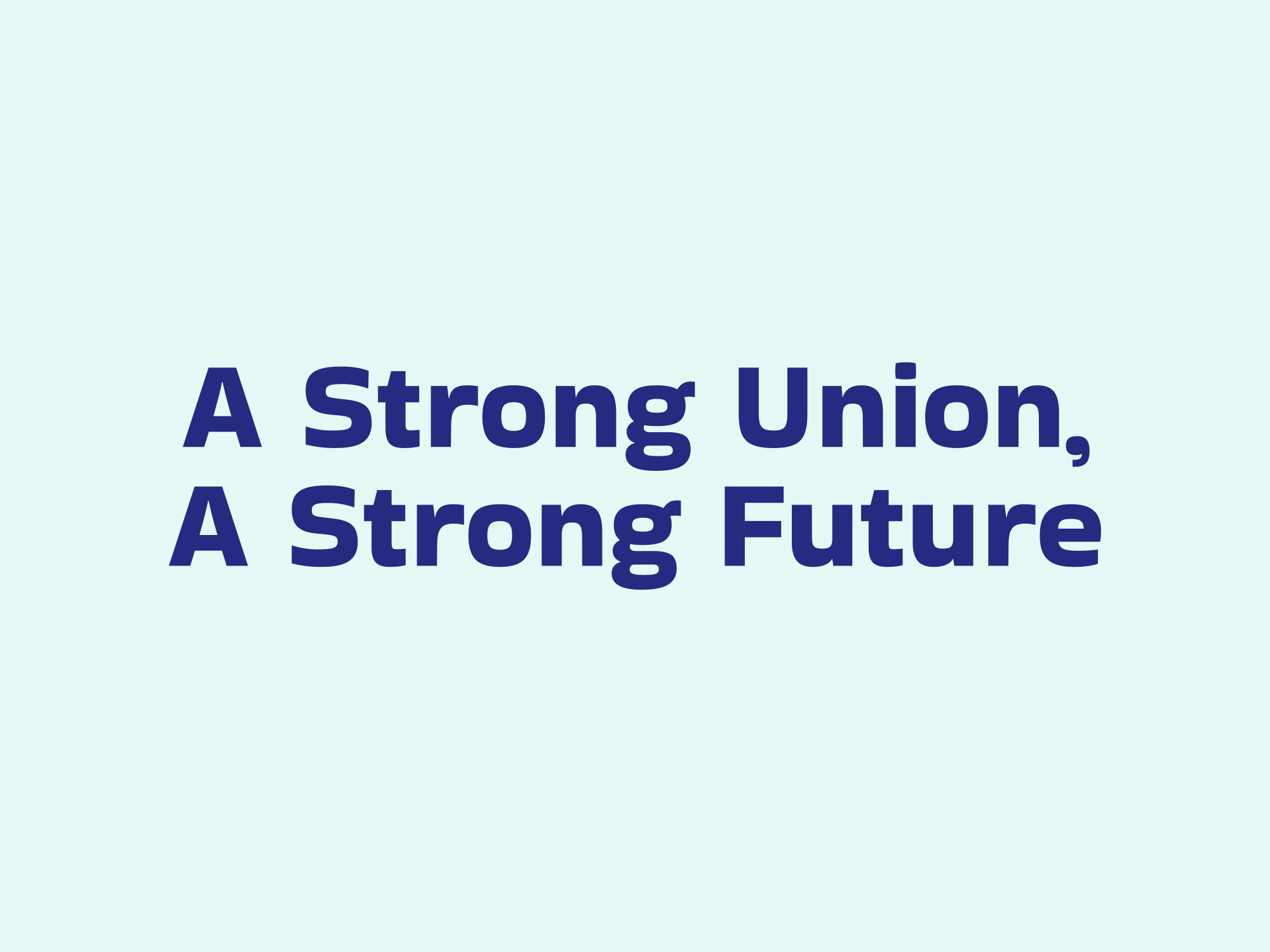
The Resurgence of Solidarity:
Why Labor Unions Are More Crucial Than Ever, Globally
For decades, the narrative surrounding labor unions has often been one of decline and obsolescence. In many industrialized nations, union membership has dwindled, and their influence has been portrayed as a relic of the past. However, a closer look at the evolving global landscape reveals a starkly different picture. Today, labor unions are not just relevant; they are increasingly essential, not only in the United States but on a global scale.
The reasons for this resurgence are multifaceted, tied to dramatic shifts in the world of work and a growing awareness of systemic inequalities. Here’s why organized labor is needed more than ever before:

The Erosion of Worker Protections and the Rise of the Gig Economy:
The traditional employment model with its stable contracts, benefits, and job security is rapidly fading. The rise of the gig economy, characterized by precarious contracts, low wages, and a lack of basic benefits like healthcare and paid time off, has created a vulnerable workforce globally. This precarity transcends borders, affecting workers in developed economies and developing nations alike. Labor unions provide a crucial bulwark against this erosion of protections. They can negotiate for better wages, benefits, and work conditions that individual workers often lack the leverage to secure on their own.
The Widening Gap in Income Inequality:
The chasm between the wealthiest and the rest is growing at an alarming rate worldwide. This isn’t just an economic statistic; it has profound social and political consequences. While corporate profits soar, wages for many workers have stagnated or even declined. Strong labor unions, through collective bargaining, can help redistribute wealth more equitably, ensuring that workers receive a fairer share of the value they create. They act as a counter-balance to the power of corporations, preventing the exploitation of labor in the pursuit of profit maximization.



The Impact of Globalization and Supply Chain Exploitation:
Globalization, while connecting the world, has also created complex supply chains where exploitation is often rampant. Workers in developing countries, especially those involved in manufacturing goods for global brands, are often subjected to appalling conditions, including low wages, unsafe workplaces, and excessive hours. International labor unions can play a crucial role in ensuring that global supply chains adhere to ethical labor standards and prevent companies from benefiting from worker abuse. By working across borders, they can act on behalf of workers who may lack the power to advocate for themselves due to weak local regulations or government corruption.
Harnessing the Power of Technology for Workers, Not Against Them:
Technological advancements, like automation and artificial intelligence, undoubtedly present opportunities. However, they also pose threats to employment, especially in low-skilled sectors. Unions can play a vital role in advocating for retraining programs, upskilling initiatives, and fair compensation as the nature of work evolves. They can help navigate the complexities of the changing job market and ensure that technology benefits workers, not just corporations. Without a strong worker’s voice, the benefits of technology risk being unevenly distributed, further exacerbating existing inequalities.
Promoting Workplace Democracy and Worker Voice:
Beyond wages and benefits, unions are vital for fostering workplace democracy. They provide a mechanism for workers to have a voice in decisions that affect their lives. This can range from input on workplace safety to policies impacting career development. A strong union can create a more collaborative and equitable workplace, fostering a sense of ownership and respect. This crucial element of worker empowerment is under attack in many countries with governments seeking to restrict the right to organize.
A Global Movement for Worker Rights
The challenges facing workers are not confined to a single nation. They are transnational in nature, requiring a coordinated global response. Labor unions across the world understand this, increasingly collaborating and forming alliances to fight for basic rights and dignity. This movement is gaining momentum as workers understand the importance of collective action.
